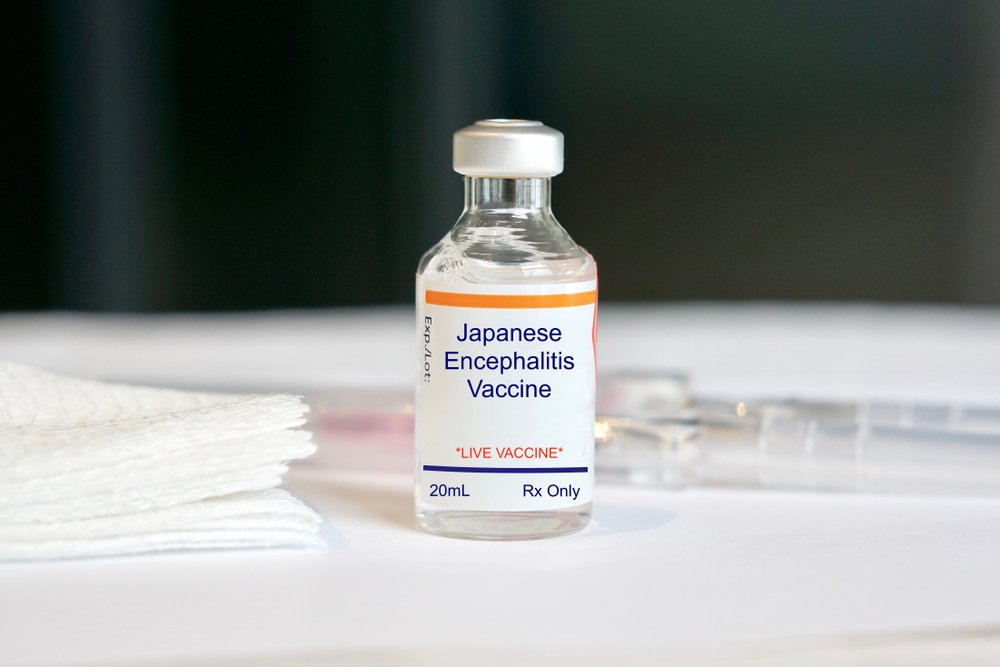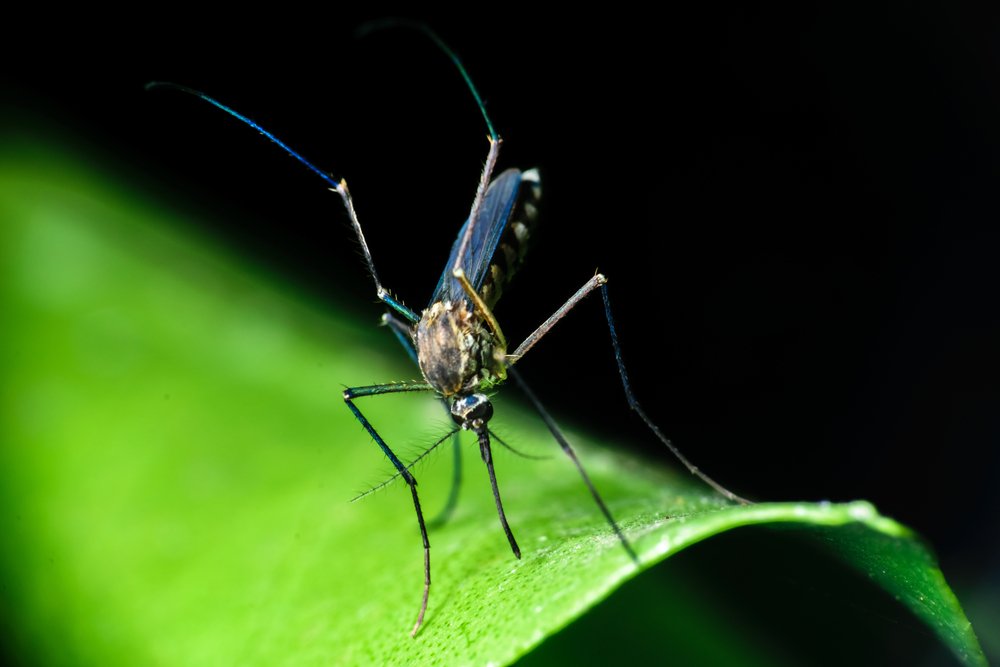Japanese Encephalitis: A Comprehensive Guide
Japanese encephalitis (JE) is a serious viral infection that affects the brain and is caused by the Japanese encephalitis virus (JEV), a flavivirus transmitted by mosquito bites. Found primarily in rural and agricultural areas of Asia and the Western Pacific, JE is a significant public health concern due to its high mortality and morbidity rates.
What is Japanese Encephalitis?
Japanese encephalitis is an acute viral infection that predominantly affects the central nervous system. While many individuals infected with the virus show no symptoms, severe cases can lead to brain inflammation, neurological complications, permanent disability, or death.
Signs and Symptoms of Japanese Encephalitis
The symptoms of JE vary widely, ranging from mild flu-like symptoms to severe neurological conditions.
Mild Symptoms:
- Fever
- Nausea and Vomiting
- Headache
Severe Symptoms (Encephalitis):
- High fever
- Stiff neck
- Severe headache
- Altered mental state, including confusion or disorientation
- Seizures
- Difficulty speaking or swallowing
- Unconsciousness
- Muscle weakness or paralysis
Causes of Japanese Encephalitis
Japanese encephalitis is caused by the Japanese encephalitis virus (JEV), which is primarily transmitted by mosquitoes of the Culex species.
Mosquito Vectors
- The primary carriers of JEV are Culex tritaeniorhynchus mosquitoes, which breed in rice paddies, stagnant water, and irrigation channels.
Animal Hosts
- The virus cycles between mosquitoes, pigs, and water birds, which act as amplifying hosts. Humans are considered “dead-end” hosts, as the virus does not spread from person to person.
Risk Factors:
- Geography: Living or travelling in endemic regions.
- Seasonality: JE outbreaks are more common during the rainy season when mosquito populations are highest.
- Proximity to Animal Hosts: Living near pig farms or rice fields increases risk.
Vaccination for Japanese Encephalitis
Vaccination is the most effective way to prevent Japanese encephalitis, especially for individuals living in or travelling to endemic regions
Vaccination Schedule:
- Routine Vaccination: Recommended for residents in endemic areas.
- Travellers: Vaccination should be completed at least 1 month before travelling to high-risk regions.
- Children: In endemic areas, vaccination is included in routine immunisation schedules.
Regions Where Japanese Encephalitis is Endemic
Japanese encephalitis is prevalent in many parts of Asia and the Western Pacific, affecting more than 24 countries.
High-Risk Regions:
- South Asia: India, Nepal, Sri Lanka, Bangladesh.
- Southeast Asia: Thailand, Vietnam, Cambodia, Laos, Indonesia, the Philippines.
- East Asia: China, Japan, Korea.
- Western Pacific: Papua New Guinea, Northern Australia.
Seasonality:
- In temperate regions, JE cases peak during the summer and rainy seasons.
- In tropical areas, cases occur year-round but are higher during the rainy season.

Why Vaccinate at Trio Pharmacy's Travel & Vaccination Clinic in Shepperton?
If you’re planning to travel to an endemic region or want to protect yourself against Japanese Encephalitis, Trio Pharmacy’s Travel & Vaccination Clinic in Shepperton is your trusted destination.
- Expert Guidance: Our trained healthcare professionals provide personalised advice tailored to your needs.
- Convenient Appointments: Flexible booking options to suit your schedule.
- Comprehensive Care: We ensure you receive the most up-to-date vaccinations and travel health information.


